The Decadence of Amelia Jackie and Her Queer Americana
Colin Hagendorf writes about their friendship with and the music of Amelia Jackie, and how she played a pivotal role in their coming out.
The narrative landscape of Amelia Jackie is sumptuous and decadent. There are ripe peaches, ice cold plums, butter, and sweet cream. A magic mouth, a red velvet mouth, a “girl that I love” who’s got “a big, golden tongue”—her songs build an entire world. I describe it to Amelia as “Southern Gothic, Bastard Out of Carolina, lesbian Americana” and she laughs, surprised.
“That is what it is,” says Amelia. “Do you remember in that book how she can’t sing and she really wants to? I really related to that. I grew up without much, but a lot of passion. Bone in Bastard Out of Carolina [by Dorothy Allison] had this extreme pain around not being good, about not being able to sing, and that made her sing alone. I had the same fear, but I did it in public anyways. I have to try really hard to be good.” She paused for a moment. “The problem for a long time was that I was trying to be good, when I should have just been who I was.”
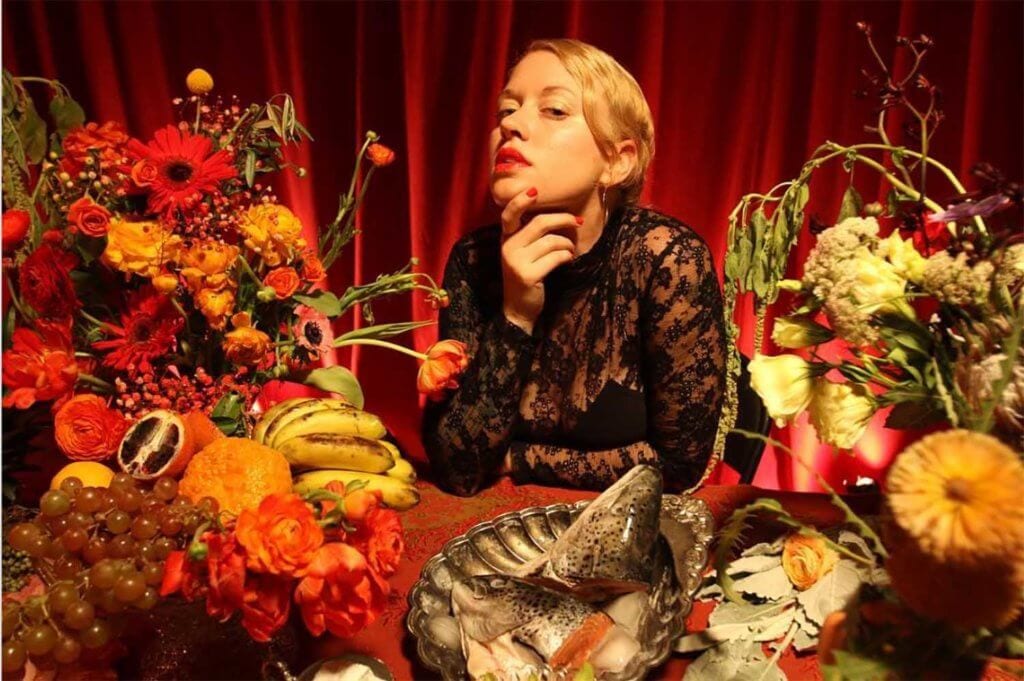
In 2018, Amelia released a video for “Velvet Leash,” her first song released since 2013’s Molasses Gospel, a country-inflected alt-rock bop dripping with a syrupy sexuality, like Sade singing a Lucinda Williams song. “When I was studying feminist theory and women’s writing, one of the things we talked about was sexual subjectivity, describing your experience,” says Amelia, chuckling. “And I guess I really ran with that.”
The video is a perfect accompaniment—a visually stunning world of vivid colors, plump fruits, and lush fabrics. It’s decadent without seeming affluent, a world populated by women and queers. They eat, take baths, and do their makeup in groups at the bathroom mirror. They attend a party together at a picturesque LA craftsman bungalow. They’re butch, femme, androgynous, cis, trans, waifish, zaftig. They’re all beautiful and they’re all friends. When the video came out I joked that it was the L Word reboot we all wanted but didn’t deserve.
The first time I saw Amelia play was in 2006 at Lorena Haus, named for Lorena Bobbitt, Amelia’s shared apartment in Borough Park, Brooklyn that hosted shows. I also played that night, (a solo set of songs I’d written with my twink punk band, Gloryhole), along with Alynda Lee Segarra, who still makes music under the name Hurray For The Riff Raff. I can vividly remember sitting on the living room floor watching Amelia play her guitar harder than I thought was possible. Until that point (and well beyond) I had spent most of my free time at punk and hardcore shows, and while Amelia certainly didn’t play the most aggressive music I’d ever heard—on the contrary, her songs were deeply vulnerable—she was one of the most aggressive guitar players I’d ever seen. She looked like she was trying to harm the guitar: “I really used to hurt myself back then. My hands would bleed after I played. And now I’m like, ‘what was I doing?’”
The highlight of Amelia’s set was “City Kid,” a song about her mom trying to hide an eviction from her and her sisters. I can still hear her singing the end of the first verse: “And mama didn’t pay the rent / So we’d just come home from school / And everything was out on the lawn / She said, ‘Take what you need, but need what you take, we’re going away today.’”
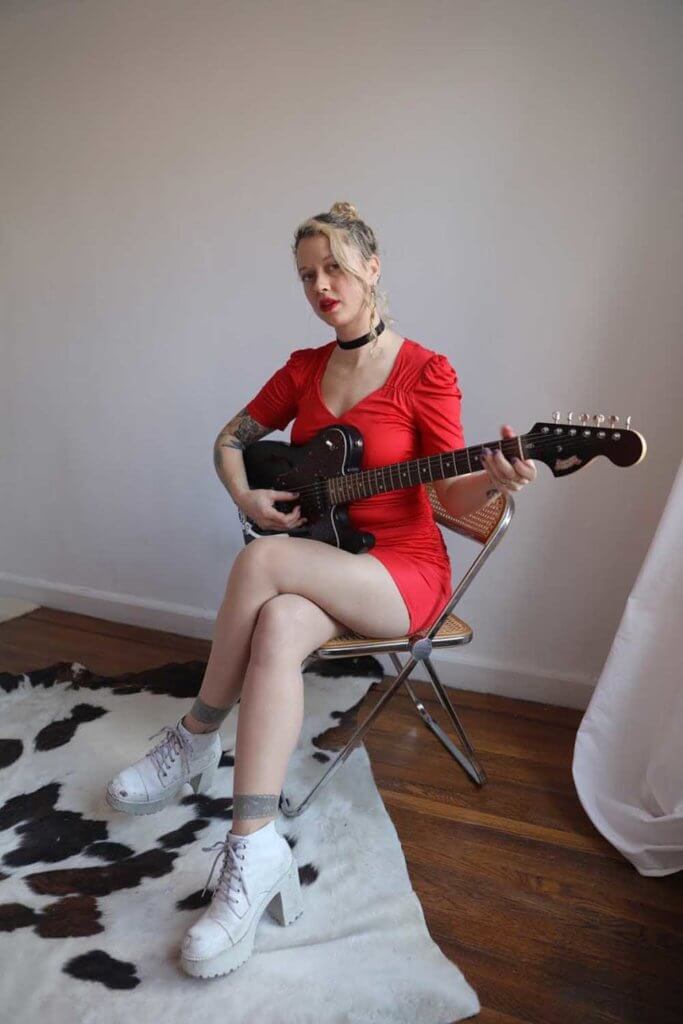
Walking home from that party as the sun came up and a light snow fell, I felt like I was living the life I had dreamed about as a teen: Roaming the city at dawn, still drunk from the night before, coming from a party full of cool, talented women with a song I’d heard one of them sing still stuck in my head. We were all young and there was so much future stretched out ahead of us.
In 2007, my drinking had become constant. I spent all my time either drunk, or hung over and getting there. I had failed out of college and worked a series of bottom-rung service industry jobs that paid me enough under the table to keep partying, but didn’t require any kind of acuity to perform. I was beginning to develop an awareness that I was drinking to blot out something inside me, but I didn’t yet know what.
At the same time, Amelia and a few friends moved to a loft in Bushwick where they continued to have shows—and not just intimate singer-songwriters like Lorena Haus, but full bands. In my fuzzy memories, 1087 Loft felt like a space for queer women, but it wasn’t always that way. “When we first started booking shows there, we just booked whoever,” Amelia says. “We had a Leftover Crack show, the biggest show we ever had, and there were so many underaged kids puking off the porch and breaking our shit. After that we realized we had to be more intentional about our shows and we started only booking queer, trans, and women bands. Because making another space for men to act out, we were just like, creating something that already exists. We wanted to make something different.”
In the 15 years since Amelia and I met, she’s come into her own as a musician. She’s more confident, and plays an electric guitar with a more minimal, softer touch. She tunes it differently, at the behest of her drummer and producer, Robin MacMillan, who she met working at the now closed restaurant Mama’s in the East Village. “You know who else worked at Mama’s?” asks Amelia, barely pausing long enough for me to begin to stammer out the name of an old friend. “…Cat Power.”
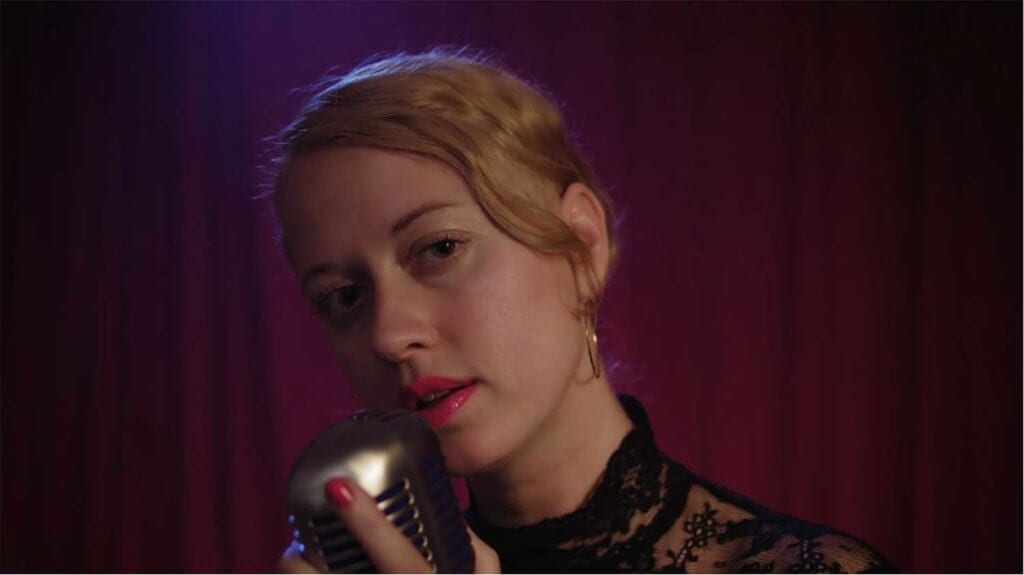
“Velvet Leash” is the first single from Amelia’s new record of the same name, which she is still seeking a label to release. In November, she released her second single, “Most Beautiful Name.” It’s slower than “Velvet Leash,” less sultry, more gentle, but still powerful, as Amelia’s music always has been. The first time I heard her sing the line, “Just because I hate my body doesn’t mean I can’t love yours,” I got chills.
Velvet Leash isn’t easily categorizable. The songs are not quite folk, not quite pop, not quite country, but somehow all three at once, like early Joan Armatrading. Even individual instruments jump genres: Contrast the slide guitar that opens “Ice Cold Plum,” an urbane ballad that could fit right in on Mazzy Star’s She Hangs Brightly, with a similar sounding slide on “Electric Eyes,” a kinetic alt-country ode to young love that invokes the expanses of America you might see from the back of a pickup, an open box car, or the passenger seat of your girlfriend’s Outback.
“Electric Eyes” is Amelia’s most recent single, and it’s a perfect encapsulation of her oeuvre. Its sound is pure bad girl Americana, and the lyrics, a paean to a series of bratty exes—like “Mambo No. 5” meets “Stubborn Ass”—are full of women with “sugar in [their] blood, and sugar on [their] minds.” Amelia’s delivery is sometimes sung, sometimes almost growled, but it’s always slick and sweet as molasses.
“Most of the new songs were written a whole step above, and Robin was like, ‘I think this is where your voice should be,’ says Amelia. “When I heard it, I was like, ‘Oh my god, I’m singing in the wrong place.’ Like sometimes when you go somewhere with your voice, it feels good, but it doesn’t necessarily sound good. And when I tuned the guitar down, everything started to make more sense. It was an epiphany. My music finally sounded good to me.”
As for me, I’ve become more comfortable with myself. I got sober, wrote a book, switched from a cat person to a dog person, and from a man to a woman. In the months leading up to publicly coming out, I started thinking back on all the moments that had preceded it. I kept returning to my time at 1087, and my friendship with Amelia. As much of a woman’s space as it was, she kept asking my ostensibly all-male punk band to play shows. She made sure I felt invited and vital every time I was there.
Turning over my simmering transness in my head, it’s impossible not to see the role Amelia played. In going out of her way to make sure I always knew that I was welcome wherever she was, that I was a necessary part of her community, Amelia made space for me to become the woman I am. When I came out to her a few months ago, she laughed and said, “That doesn’t surprise me.” And why would it? From her early days at Lorena Haus to the “Velvet Leash” video, Amelia has always made space for all kinds of women.
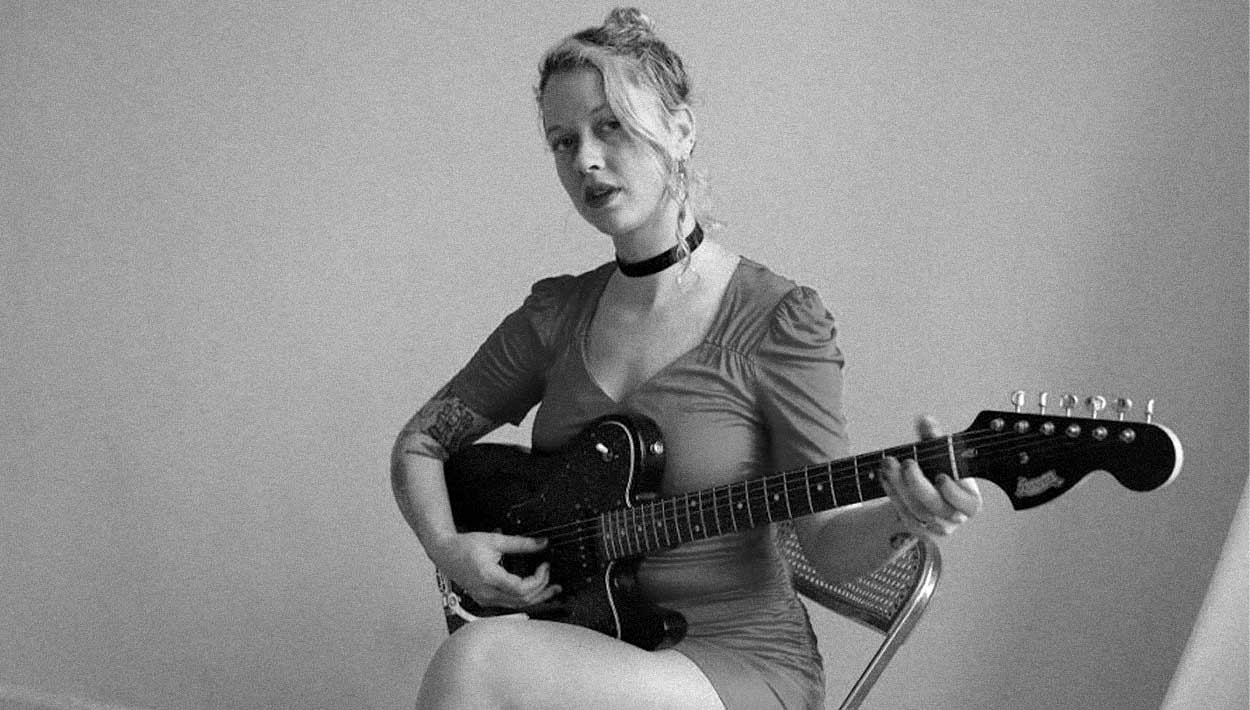

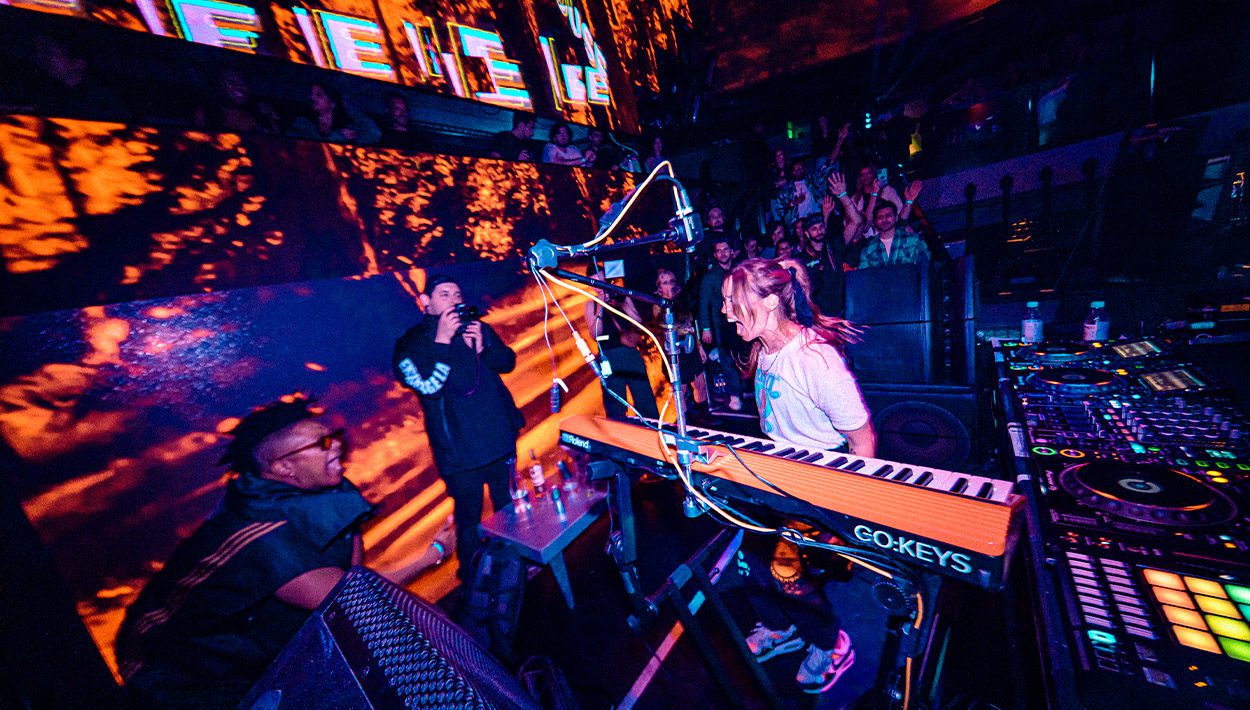
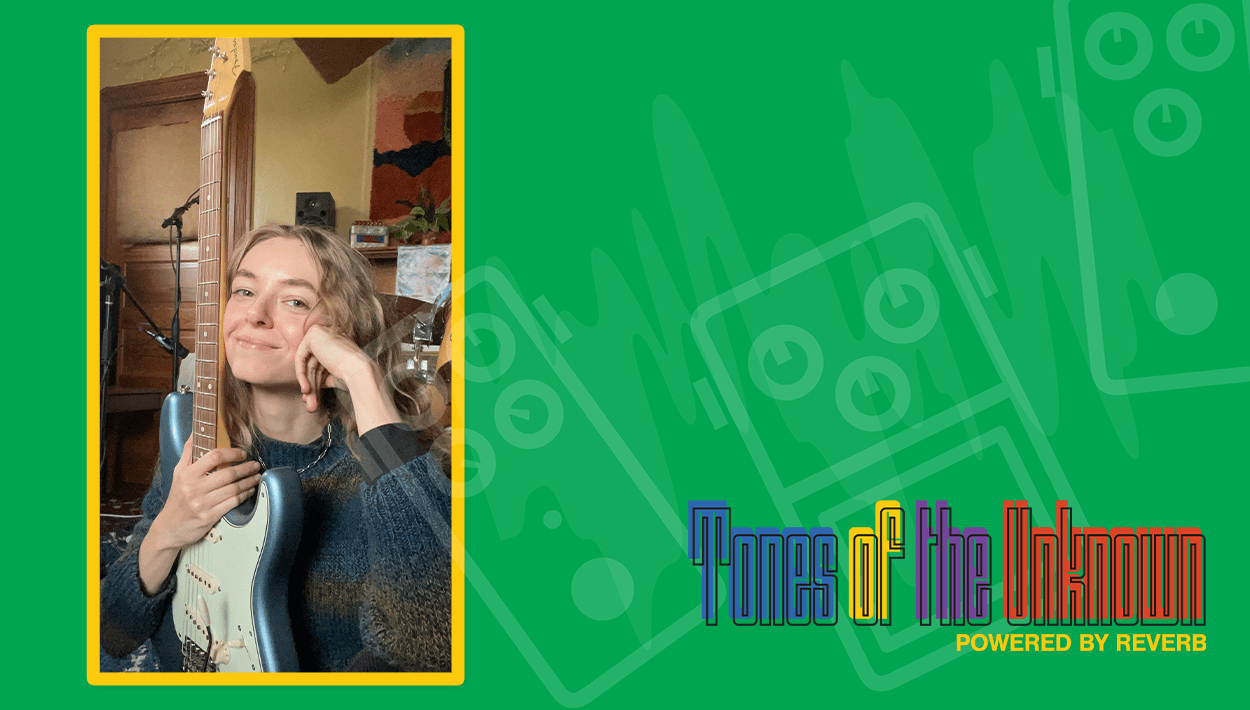
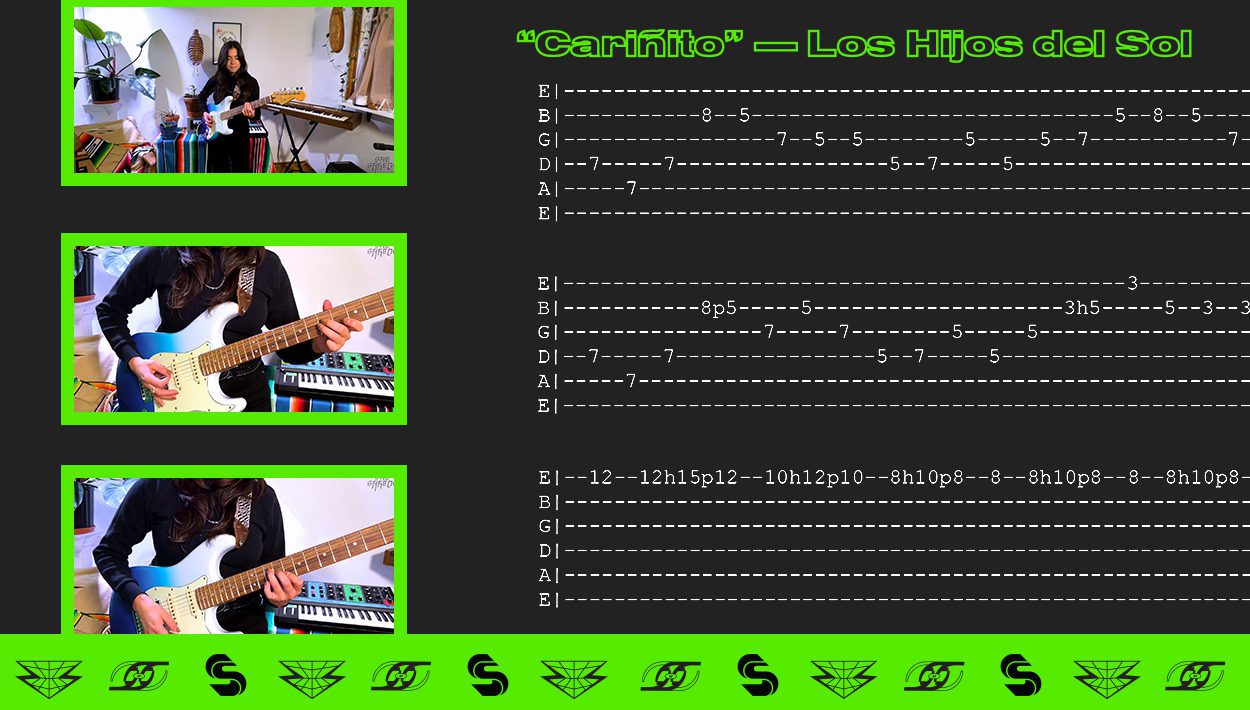
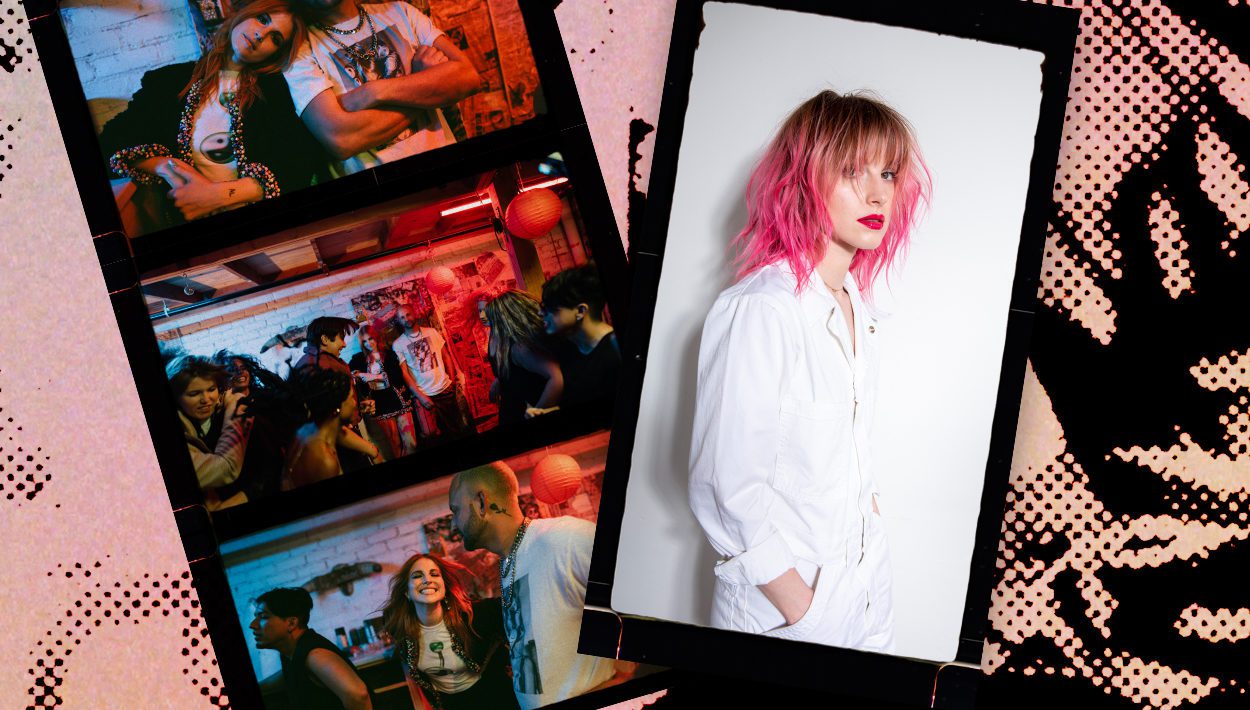
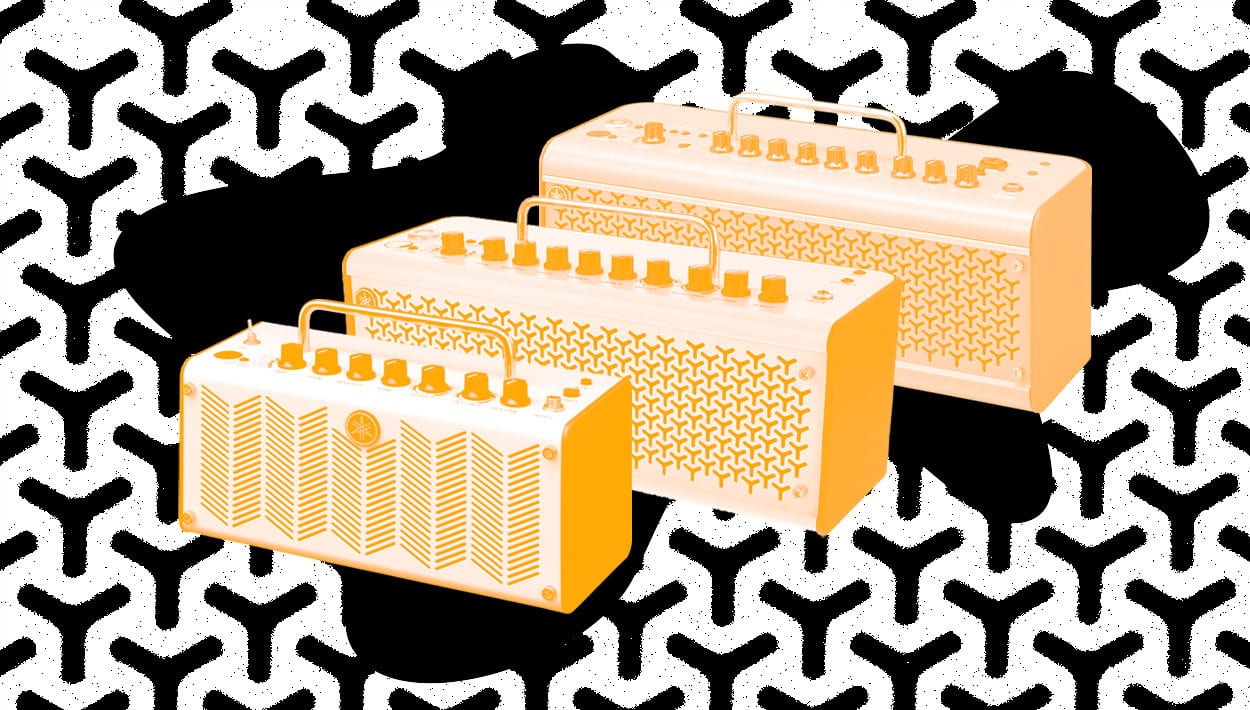
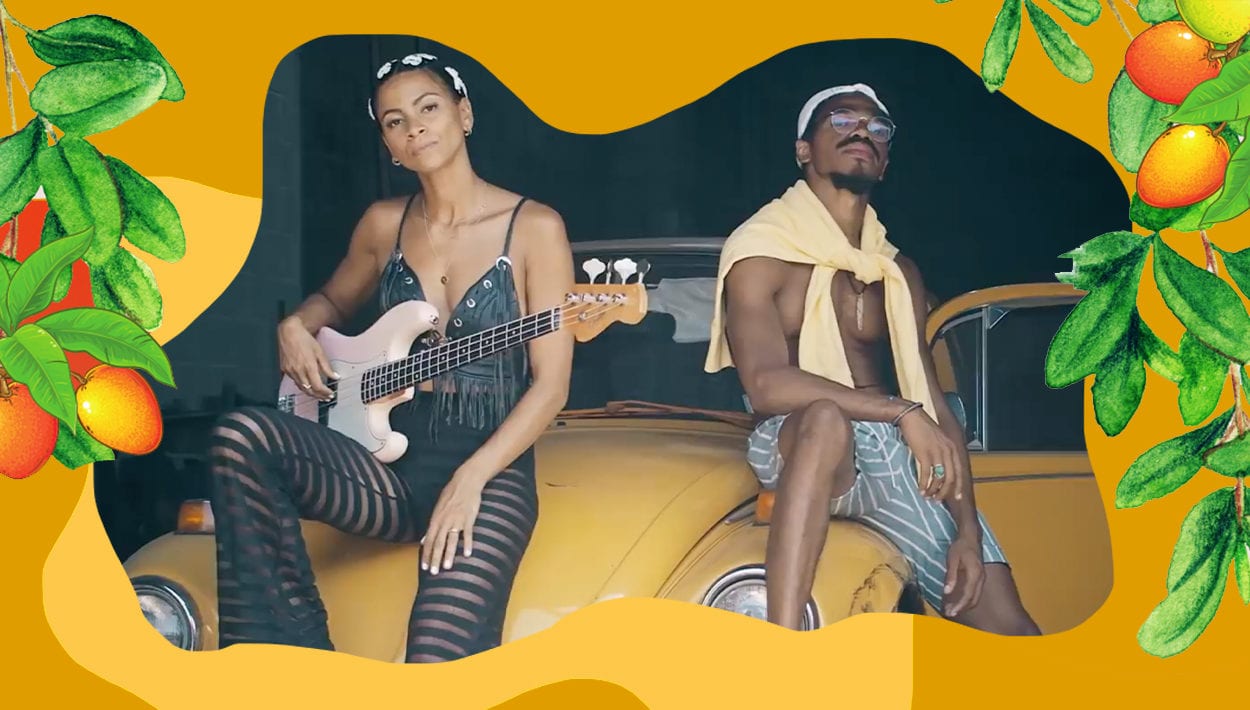
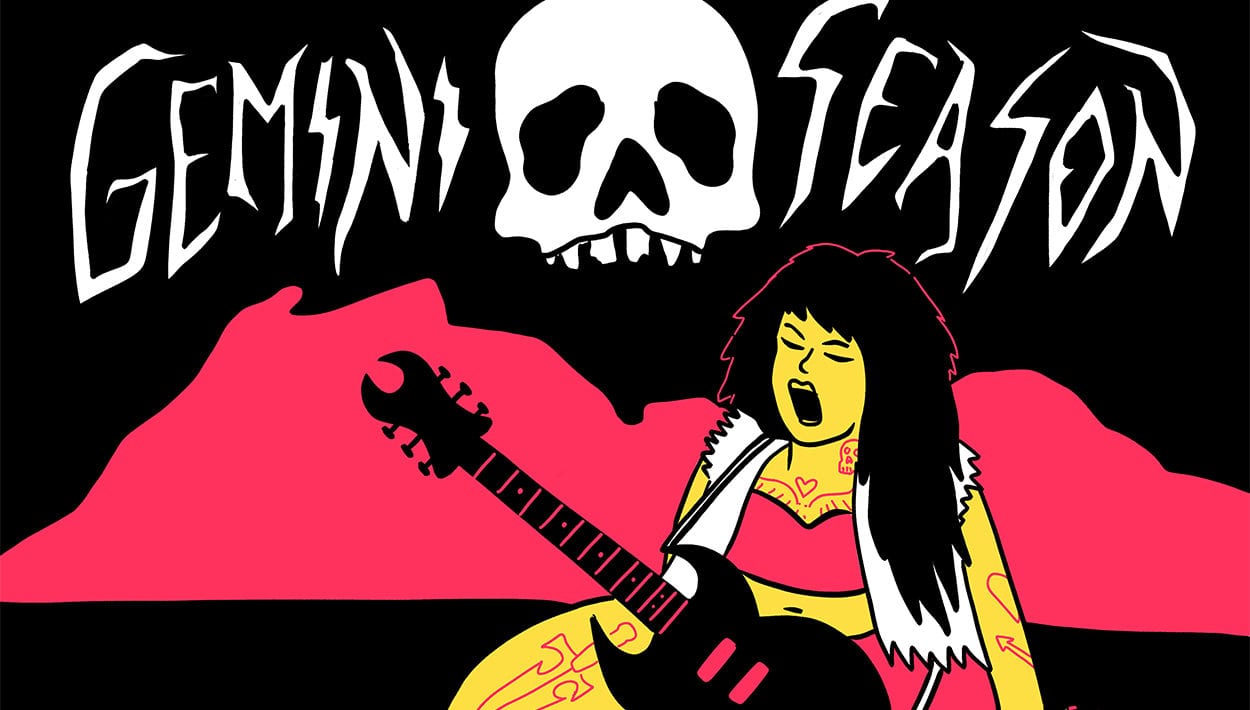
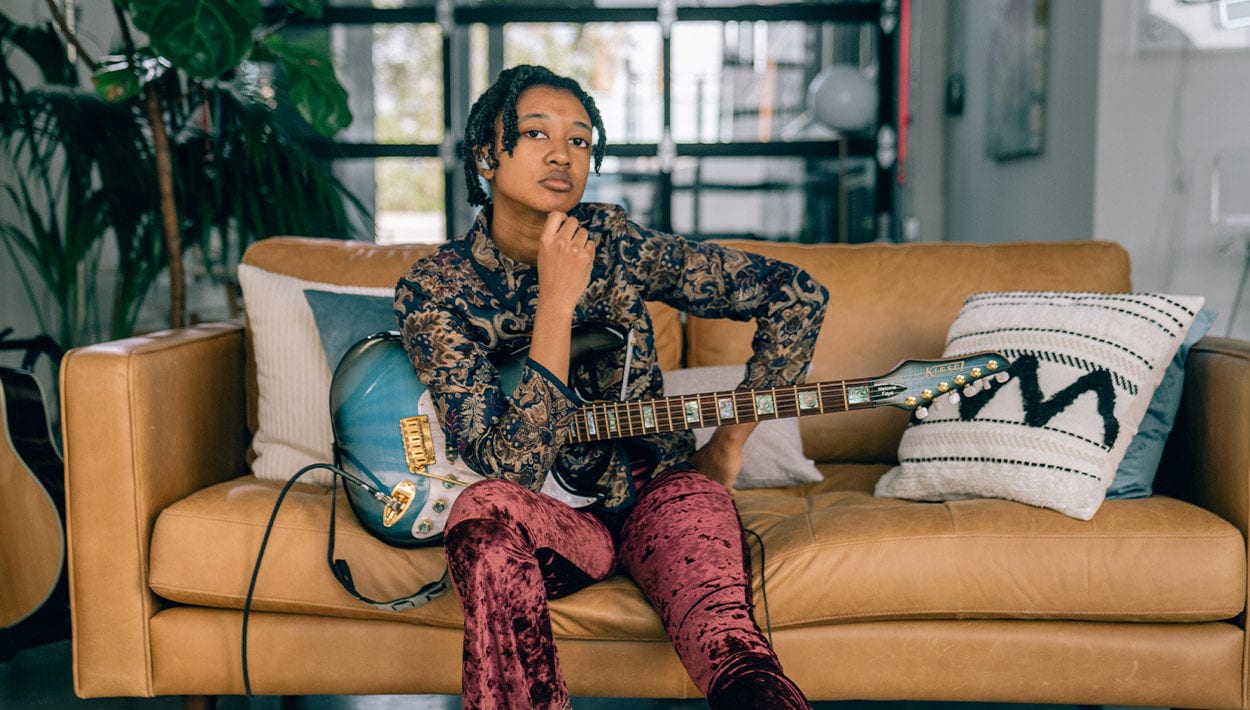
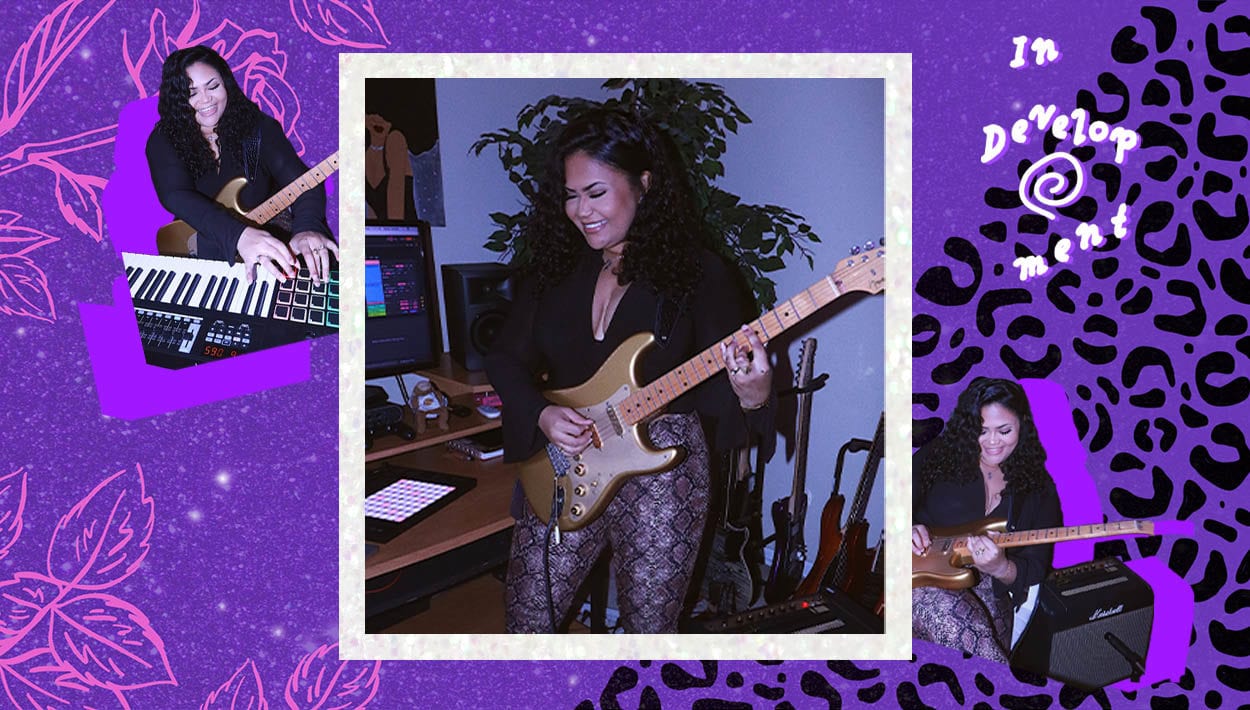
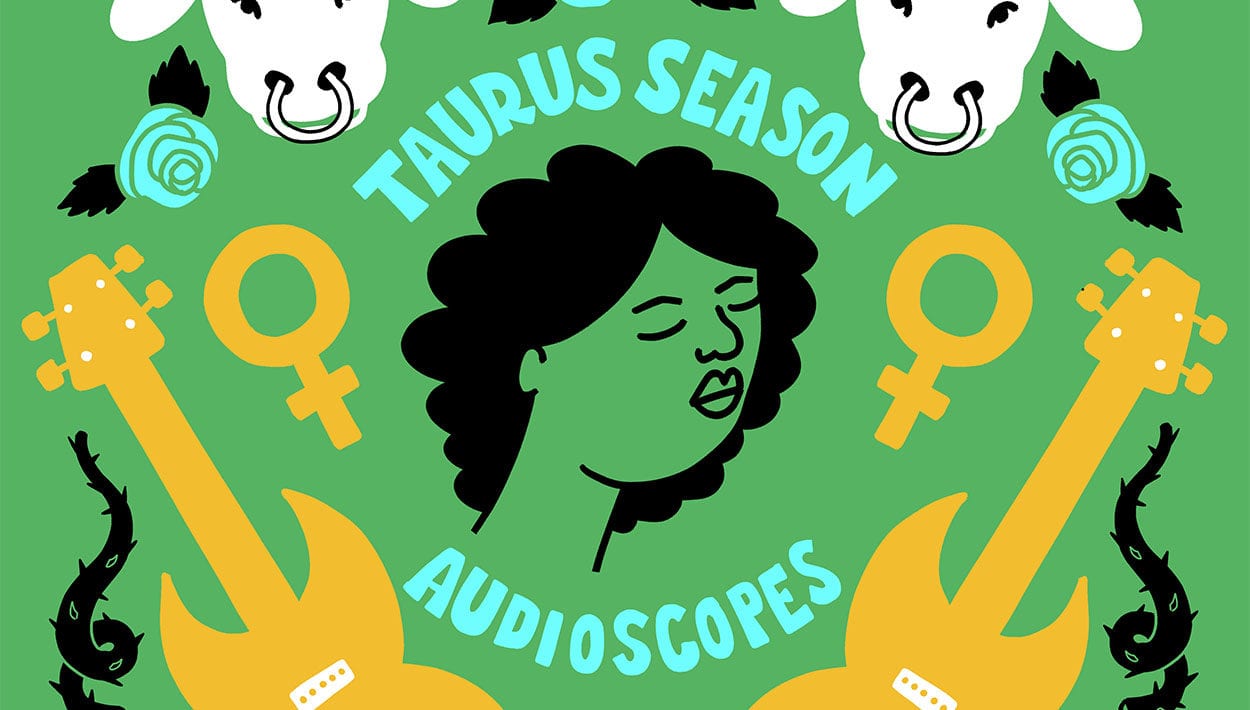


Comments
No comments yet